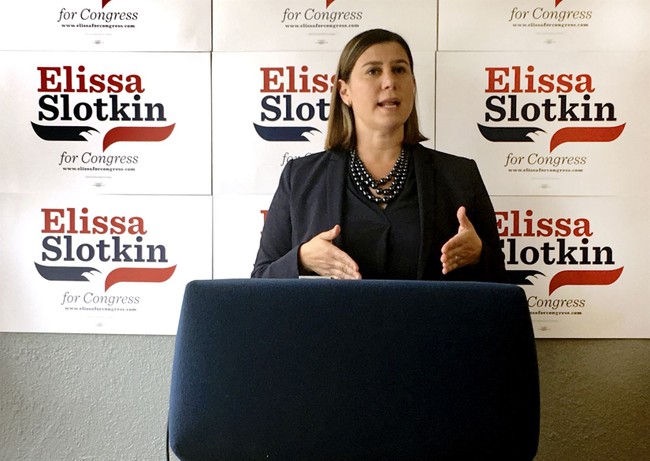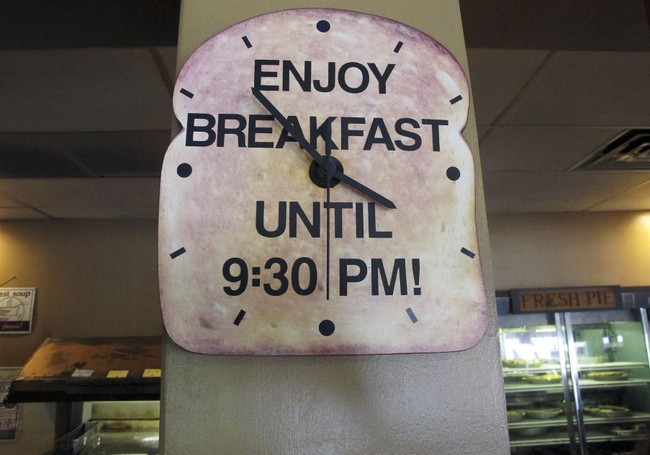
www.newsbusters.org
CBS Anchor Gets Dressed Down By Editorial Bosses for Confronting Liberal Extremist
NewsBusters readers should recalled our recent piece from last week where we highlighted how CBS Morning co-anchor Tony Dokoupil rightly confronted far-left liberal extremist Ta-Nehisi Coates for his demonstrably and admittedly one-sided screed against the Jewish State of Israel. But in an editorial phone call on the anniversary of the October 7 Hamas terrorist attack on Israel, audio of which was obtained by The Free Press, CBS bosses dressed him down and claimed he did not meet their “editorial standards.”
Dokoupil did get backup from on the network’s heavy-hitter journalists who called out leadership and put them on the back foot.
In the interview with Coates, Dokoupil called out his new book The Message for taking such a simplistic, one-sided view of the Israel/Palestinian conflict that, “the content of that section would not be out of place in the backpack of an extremist.” He also asked Coates why he chose to leave out important details like terrorists killing Israeli children:
Why leave out that Israel is surrounded by countries that want to eliminate it? Why leave out that Israel deals with terror groups that want to eliminate it? Why not detail anything of the first and the second Intifada, the cafe bombings, the bus bombings, the little kids blown to bits? And is it because you just don`t believe that Israel in any condition has a right to exist?
According to The Free Press’s editorial board, CBS News boss Wendy McMahon suggested that Dokoupil’s pressing questions for a far-left liberal extremist were not in line with their “editorial standards.” She then handed it off to the head of the network’s news gathering apparatus, Adrienne Roark.
Sounding as though she was reading from a script, Roark targeted Dokoupil and dressed him down during the staff call. “There are times we fail our audiences and each other. We’re in one of those times right now, and it’s been growing. And we’re at a tipping point,” she dramatically proclaimed
Adding: “Many of you have reached out to express concerns about recent reporting. Specifically about the CBS Mornings Coates interview last week as well as comments made coming out of some of our correspondents’ reporting.”
That last point was in reference to an interaction Dokoupil had with foreign correspondent Imtiaz Tyab earlier in the same episode as the Coates interview.
Following a report where Tyab (who pals around with anti-Israel terrorists) suggested Israel, not Hezbollah, was responsible for the violence in the northern part of the country, Dokoupil essentially said the terror group got what was coming to them: “If Hezbollah thought that Israel was going to graciously take a year full of rockets, Hezbollah miscalculated.” This drew an obvious grimace from Tyab, who possibly went and complained about it.
“This goes way beyond one interview, one comment, one story. This is about preserving the legacy of neutrality and objectivity that is CBS News,” Roark declared, as if Dokoupil was what had damaged that.
Further in the audio, chief legal correspondent Jan Crawford (who’s often the even keel when the liberals get hysterical) put her bosses on the back foot as she stood up for Dokoupil, calling out how they were attacking him, and by calling out Coates’ terrible writing:
It sounds like we’re calling out one of our anchors in a somewhat public setting on this call for failing to meet editorial standards for – I’m not even sure what. I don’t understand how Tony’s interview or any of the comments he’s made with anchors, failed to, you know, meet our editorial standards that obviously go back to the days of Murrow and Cronkite, which, of course. I thought our commitment was to truth. And when someone comes on our air with a one-sided account of a very complex situation, as Coates himself acknowledges that he has, it’s my understanding that as journalists we are obligated to challenge that worldview so that our viewers can have that access to the truth or a fuller account, a more balanced account. And, to me, that is what Tony did.
“And that is what Tony did. He challenged Coates' one-sided worldview, Coates got to respond. It was civil,” she said. Adding: “Tony prevented a one-sided account from being broadcast on our network about a deeply complex situation that completely was devoid of history or fact.”
Citing the internal calls to leadership against Dokoupil, Crawford said she didn’t know she needed to be the counter and call them to say what a good job he was doing. She seemed to hint that making such calls would be something she would be doing from now on.
The bosses didn’t want to talk about it during the staff call and offered to call Crawford immediately following it or to drop out right then and there to talk.
The Free Press said they spoke to an “industry source” who said Crawford had “balls of steel” to do that.
They’re right.
Dylan Byers, one of the founding partners of Puck News, had more details about the turmoil inside CBS over Dokoupil’s journalism. According to his reporting, “CBS News has invited self-described ‘mental health expert, DEI strategist and trauma trainer’ Dr. Donald Grant to moderate conversation on this issue in an all-staff meeting tomorrow.”
Stephen Miller, editor for The Spectator, unearthed a post from Grant that called Republican Senator Tim Scott (SC) an Uncle Tom. “Uncle Tim’s Cabin” read the poor Photoshop of the book’s cover.
As @JerryDunleavy pointed out, here is an Instagram post from the DEI expert that CBS News called in to their offices tomorrow for an all staff struggle session https://t.co/Zw6wWIj7J5 pic.twitter.com/j5ny5dwIsQ
— Stephen L. Miller (@redsteeze) October 7, 2024
CBS’s cowardly capitulation to the far-left anti-Semites explains their disturbing coverage of the October 7 anniversary on CBS Mornings, in which foreign correspondent Elizabeth Palmer lamented the Israeli bombings of Hamas hideouts and lied about there being no hostages rescues pulled off by the Israeli Defense Forces.

















